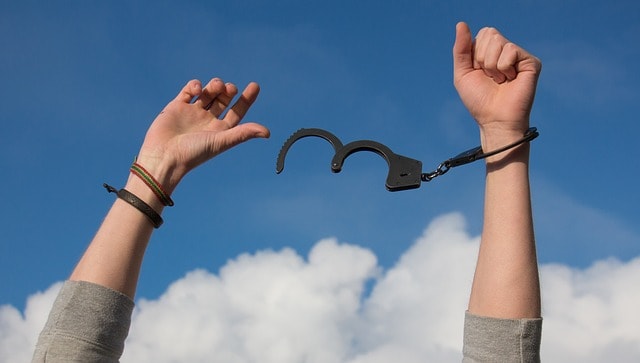Drug and alcohol addiction is a widespread problem throughout the country, though a more specific type of drug addiction would be opiate addiction. Opiate addiction covers a number of specific drugs, including illegal drugs, such as heroin and opium, and prescription drugs, such as morphine, oxycodone, and codeine.
A specific addiction requires a number of specific recovery methods, as well as particular outlooks and perceptions of the addiction and addicts in question. The truth is that there are a number of negative or even outright wrong views of opiate rehabilitation.
This might make addicts cautious or entirely against opiate rehab. However, it is important to know the truth behind some popular addiction myths.
You Can’t Become Addicted to Prescriptions
There is a perception that a person cannot become addicted to prescribed drugs. After all, the doctor prescribed them and gave the authorization to use the drug. That means it must be absolutely safe with no strings attached, right?
The truth is no drug under any circumstance is safe—even over-the-counter drugs. Any person can become addicted to any drug, whether or not it was prescribed by a doctor.
While it’s important to receive a doctor’s consultation on taking certain drugs, they cannot truly predict whether or not someone will become addicted to the drug. Be willing to take all precautions with any drug or anyone who uses any type of drug, regardless of where or how they receive them.
Detox is All You Need
Many people simplify how the recovery and rehabilitation process works for drug addicts. In fact, many believe that rehabilitation is as simple as going through the process of detox.
Detox—short for detoxification—is the process of drug treatment that allows for any toxins and related nutrients to leave the body while trying to avoid the possibility of withdrawal and managing any symptoms regarding it. The idea is that as long as an addict no longer has the opiate drug in their body, the addict won’t suffer from an addiction.
However, this fails to account for the therapy and rehabilitation needed to recover from addiction. Simply removing the drug can only encourage symptoms of withdrawal, which makes coupling with dedicated therapy an important part of the process.
You Choose to Stop Being Addicted
There is a common idea that those who deal with any kind of opiate addiction must keep in mind—addiction is not a choice. While poor choices can be made that lead into an addiction, the addiction itself is not something that can simply be left behind with the snap of your fingers.
Addiction is not a voluntary behavior, but rather a mental trap that cannot be shaken off with sheer willpower alone. People who do not understand this often tend to talk down to addicts with the idea that they have to “want treatment” for recovery to be effective.
This mindset can actually make recovery more difficult, as it adds high pressure and stakes to a situation that does not need them. The recovery process should be handled carefully and calmly, taking any and all necessary precautions to help an addict make it as effective as possible.

If you or a loved one struggle with opiate addiction, consider seeking a local Treatment & Rehab program in Tennessee. You might also investigate Discovery Place’s own recovery programs, such as our 30 Day Residential Addiction Recovery Program or our Long Term Recovery Program in Burns, Tennessee. Call us for a free consultation at 1-800-725-0922.


